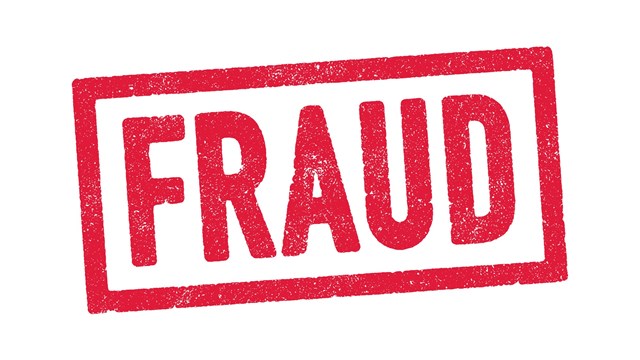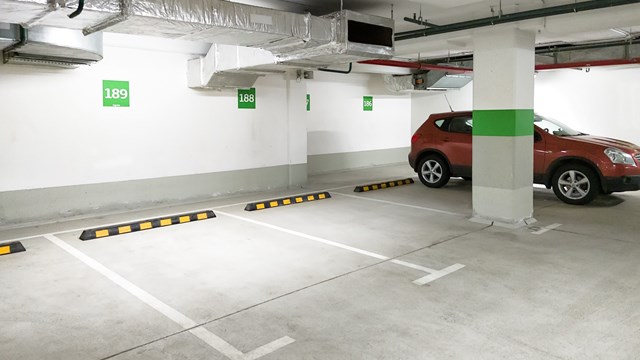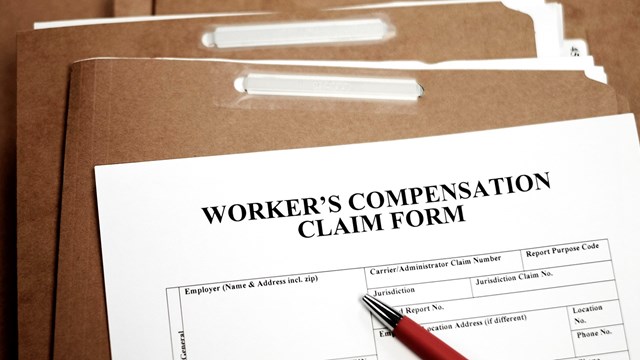
Unfortunately, it is not uncommon for persons who perform labor on or furnish materials to the common elements of a condominium to assert that they have not been fully paid for the labor performed or materials supplied. The possible assertion of such claims dictates that condominium board members and other interested parties understand what legal remedies may be available to aggrieved persons in such circumstances. The basic principle under the laws of the state of New York is that while laborers and materialmen are not permitted to file a mechanic's lien against condominium common elements, they are entitled to substitute protection as beneficiaries of a statutorily created trust.
>New York Real Property Law Section 339-l
The general rule under New York Real Property Law ("RPL") Section 339-l(1) is that no lien of any nature may arise or be created against condominium common elements except with the unanimous consent of the condominium unit owners. Furthermore, RPL Section 339-l(2) specifically provides, notwithstanding the unanimous consent of the individual unit owners, that under no circumstances can a mechanic's lien be filed in connection with labor performed and materials furnished for the common elements of a condominium. The RPL Section 339-l(2) absolute prohibition regarding the filing of a mechanic's lien against the common elements of a condominium reflects a legislative intent to prevent the undue hardship that may be imposed upon individual owners of condominium units if a blanket lien on common elements was permitted.
However, RPL Section 339-l(2) provides substitute protection to persons who perform labor and furnish materials to the common elements of a condominium and who are specifically prohibited from filing a mechanic's lien. RPL Section 339-l(2) provides that where labor is performed on or materials are furnished to the common elements of a condominium—at the express request or with the consent of the manager, managing agent or board of managers of the condominium—the person who performed the labor or furnished the materials acquires the status of a trust beneficiary under New York law.
Trust in the Law
As noted above, persons who perform labor on or furnish materials to the common elements of a condominium, and who are not fully paid for the provision of such services or materials, are treated as trust beneficiaries under New York law. Article 3-A of the Lien Law governs the enforcement of statutory trusts for the benefit of laborers and materialmen who have not been fully paid for improvements made to the common elements of a condominium. In the condominium common elements context, the trustee of a Lien Law Article 3-A trust is the condominium's board of managers and the assets of the trust are the common charges actually received by the board, the common charges to be received by the board, and the board's right to receive such charges. In addition, RPL Section 339-l(2) provides that such funds must be expended first for such purposes before being expended for any other purpose.
Possible Alternatives to "Trust" Remedy
In certain circumstances, it may be possible for a person who performs labor on or furnishes materials to the common elements of a condominium to employ an alternative means to satisfy of his or her claim (i.e., in addition to, or in place of, the RPL Section 339-l(2) "trust" remedy outlined above). Some commentators have suggested that such a claimant could sue the unit owners based on their joint and several liability under the terms of the contract entered into on their behalf by the board of managers. These same commentators further suggest that the obtaining and docketing of a money judgment against each of the owners would not violate the RPL Section 339-l(2) prohibition regarding the filing of a mechanic's lien on the common elements of a condominium and may be an effective way to acquire a lien on each owner's unit and its undivided interest in the common elements.
After Further Review
Under New York law, persons who perform labor on or furnish materials to the common elements of a condominium and who have not been fully paid for their efforts, are not permitted to file a mechanic's lien against the common elements for such unpaid amounts. However, such persons are entitled to substitute protection under RPL Section 339-l(2) and the relevant provisions of the Lien Law. The aforementioned statutory provisions create a trust for the benefit of laborers and materialmen who have not been paid for services performed or materials provided, obligate the condominium board of managers to hold common charges for the benefit of such parties and require the board to pay such amounts on a priority basis. For further information about tax liens mentioned in this article, call 914-472-8500 or e-mail Bercovici at paul@paulbercoviciattorney.com.
Paul Bercovici, a tax and real estate attorney, with offices in Scarsdale, New York, specializes in dealing with matters involving taxation, real estate and business law.






Leave a Comment